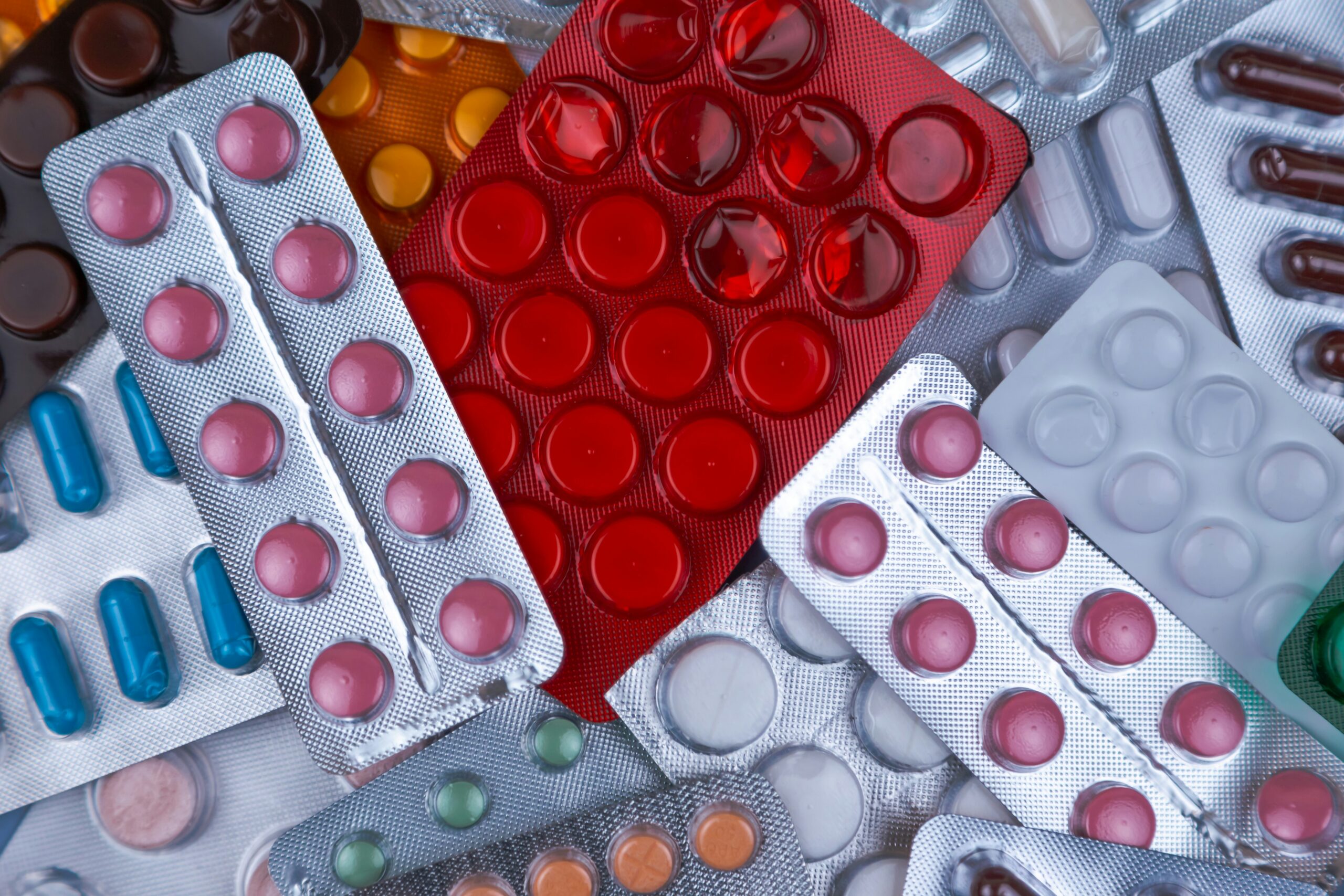Posted in Wellness | By Yasmin S.

Antibiotics are essential for treating bacterial infections, but they often come with a hidden cost: disruption of the gut microbiome. While these medications kill harmful bacteria, they can also wipe out beneficial microbes, weakening your digestive and immune systems in the process.
How Antibiotics Affect the Gut
The gut is home to trillions of microorganisms that support digestion, nutrient absorption, immune defense, and even mood regulation. When you take antibiotics—especially broad-spectrum types—they don’t just target the bacteria causing illness. They also destroy beneficial strains like Lactobacillus and Bifidobacterium, which are critical for gut and metabolic health.
This disruption can lead to:
- Bloating, diarrhea, or constipation
- Overgrowth of harmful microbes like Candida or Clostridium difficile
- Weakened immunity
- Increased inflammation
- Long-term digestive sensitivity
Signs of Microbiome Imbalance After Antibiotics
- Irregular bowel movements
- Increased food sensitivities
- Fatigue or brain fog
- Frequent colds or infections
- Skin flare-ups or breakouts
How to Support Gut Recovery Naturally
- Take Probiotics (During and After Treatment)
Choose multi-strain probiotics that include Lactobacillus and Bifidobacterium. Start during the antibiotic course (ideally spaced a few hours apart) and continue for several weeks afterward. - Eat Fermented Foods
Incorporate yogurt, kefir, sauerkraut, kimchi, and miso to naturally replenish gut flora. - Prioritize Prebiotic Fiber
Foods like garlic, onions, leeks, asparagus, and bananas feed good bacteria and promote a healthy gut lining. - Avoid Processed Sugar and Alcohol
Both can feed harmful bacteria and fungi, slowing the recovery of your microbiome. - Get Plenty of Rest and Hydration
Healing the gut requires overall support—prioritize sleep, hydration, and stress reduction. - Consider Gut-Healing Supplements
L-glutamine, collagen, and zinc carnosine can help repair the intestinal lining after antibiotic use.
When to Seek Help
If you experience persistent digestive symptoms or signs of immune dysfunction after antibiotics, consider working with a healthcare provider or functional medicine practitioner. Testing your microbiome may reveal specific imbalances that need targeted treatment.
Antibiotics can be life-saving, but they aren’t without consequences. Understanding how they affect gut health—and taking steps to support your microbiome during and after treatment—can help you maintain long-term wellness.
Your gut is resilient. With the right care, it can recover and thrive.
Visit us at: Click Here





